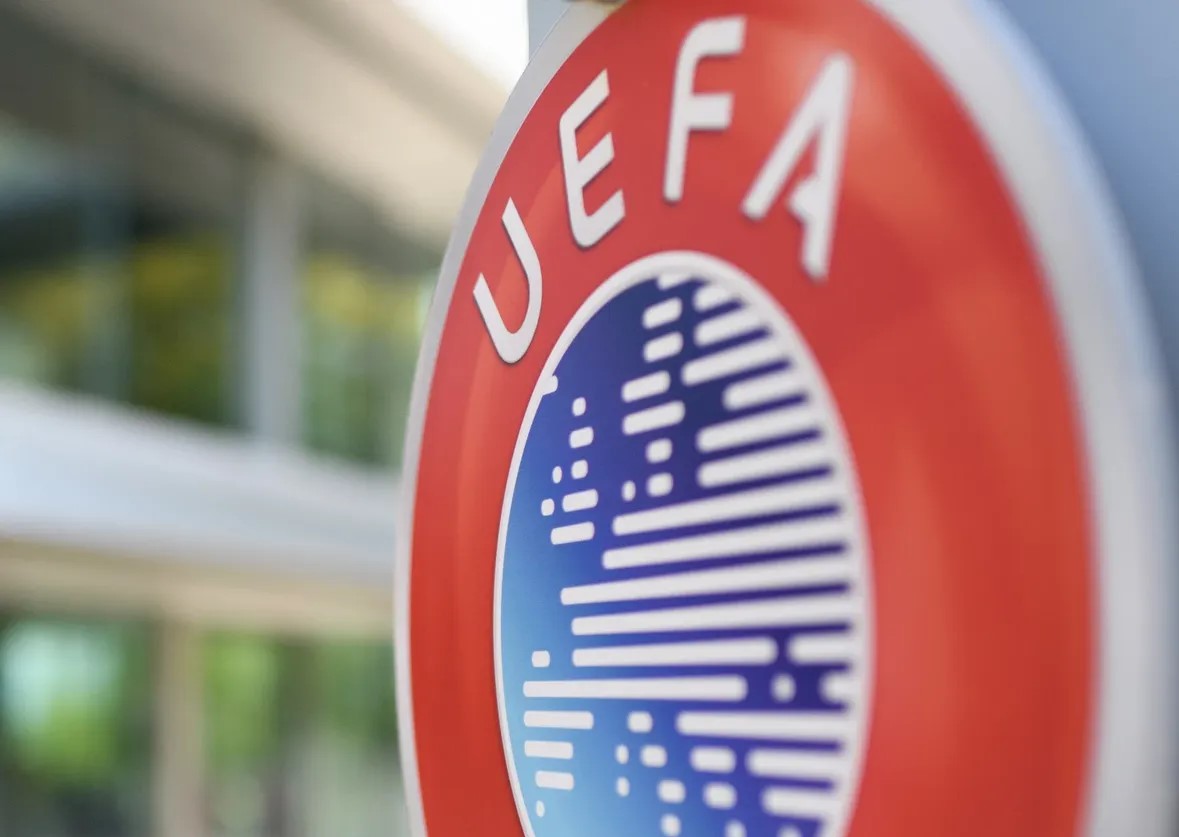Premier League clubs could soon be embroiled in a legal battle of their own making, as opposition grows against proposals to introduce strict financial controls that would cap spending regardless of club income.
The league’s 20 teams are due to vote on 21 November on whether to adopt a “top-to-bottom anchoring” (TBA) model, a system that would limit each club’s total outlay on wages, transfer fees and agent payments to five times the central revenue earned by the Premier League’s bottom-placed side. The plan, designed as part of a wider overhaul of financial regulation, would accompany or replace existing profitability and sustainability rules (PSR).
The Professional Footballers’ Association (PFA) has openly criticised the move and warned that clubs themselves are likely to mount legal challenges if TBA is implemented. PFA chief executive Maheta Molango said the idea amounted to a salary cap and would almost certainly face scrutiny in court.
He told BBC Radio Four's Today programme: "We have a tendency in football to think that we are above the law. The reality is that you cannot artificially cap someone's ability to make a living as this would just not withstand any legal challenge."
Molango also stressed that opposition is not limited to the players' union. "We've been clear with the Premier League that [anchoring] is something we will oppose, but the Premier League themselves know that, even before the PFA does this, there will be clubs within their own room who will legally challenge the measure. The only ones who end up winning are the lawyers. We want to talk about football, we don't want to talk about legal bills."
He added that any revamp of the financial system must involve proper negotiation. "There are ways to engage on measures around financial sustainability, but this cannot be imposed unilaterally, it needs to be negotiated and there are mechanisms [to consult] that need to be respected."
A Premier League spokesperson defended the league’s process, saying: "We disagree with the PFA's views regarding the proposed financial rules and the extensive consultation process we have been conducting with our clubs and other stakeholders. The PFA has had numerous opportunities since March 2024 to provide feedback on, and shape, the proposals and the principles that underpin them."
The league insists it has listened to feedback and continues to consult with stakeholders on the draft rules.
Meanwhile, according to sources, the PFA is preparing to meet with all 20 club captains next week to discuss anchoring in detail.
The TBA proposal is being considered alongside a squad-cost ratio (SCR) system, which would cap spending on football-related costs at 85% of club revenue, a higher threshold than UEFA’s comparable 70% limit. Nine Premier League clubs already follow UEFA’s system due to European qualification, and some executives believe aligning domestic and continental rules would create consistency.
However, support for anchoring remains uncertain. Manchester City, Manchester United and Aston Villa are expected to oppose the plan, having voted against further study of TBA last year. Other clubs are said to be wary of triggering expensive legal disputes or falling foul of the rules soon after their introduction. Under the latest proposals, a second breach would carry a six-point deduction plus an additional point for every £6.5m overspent.
Critics argue the move could weaken English clubs on the European stage. A club generating £1bn in revenue in Europe could spend £700m under UEFA’s SCR system, while Premier League sides would be tied to the income of the league’s lowest earners. Last season, Sheffield United earned about £110m, meaning no club could have spent more than £550m on player-related costs if TBA had been active.
As the vote approaches, clubs face a pivotal decision: move toward a new model of financial regulation, or abandon the reforms and stick with the current PSR framework. And behind the scenes, the threat of legal confrontation looms larger by the day.
Featured Image Credit: Unplash / Benjamin Elliott, Pixabay / KelvinStuttard
.png)









